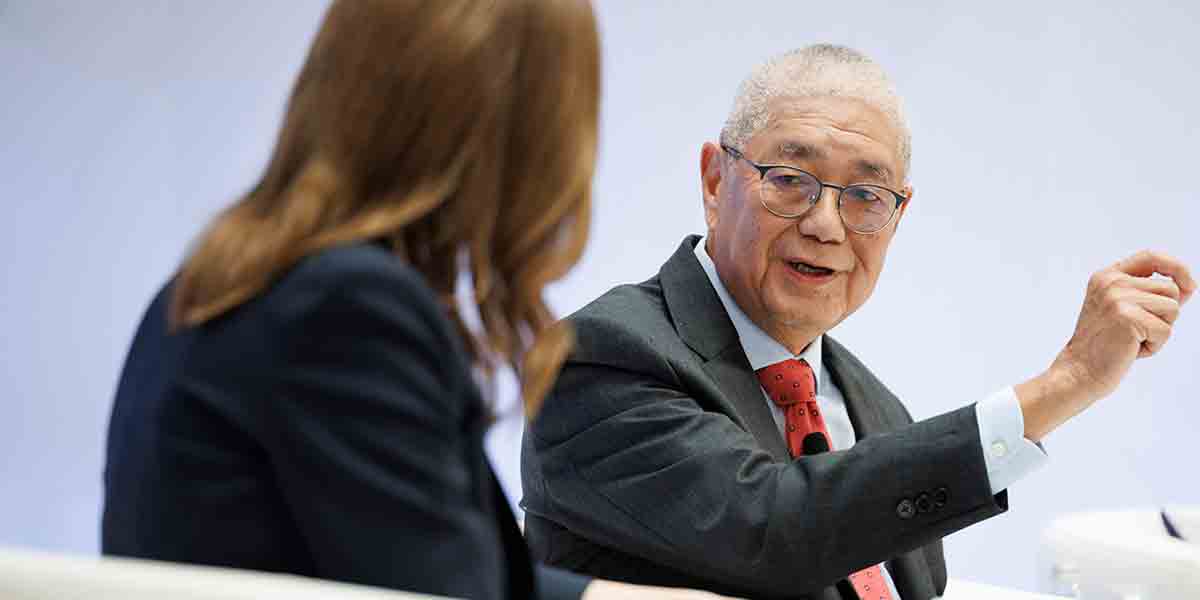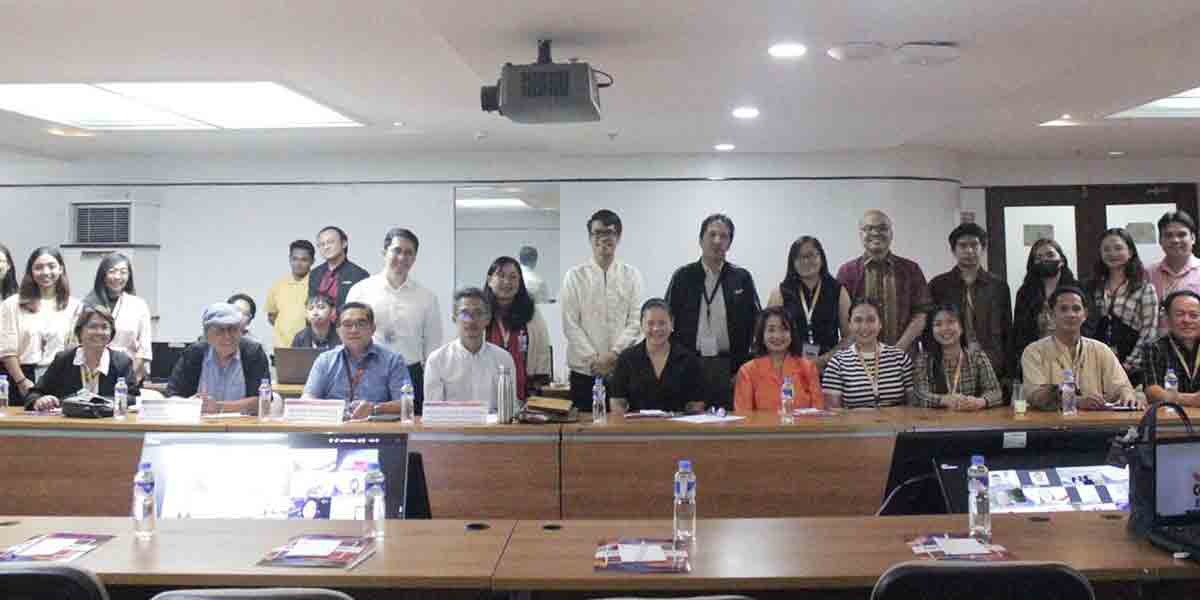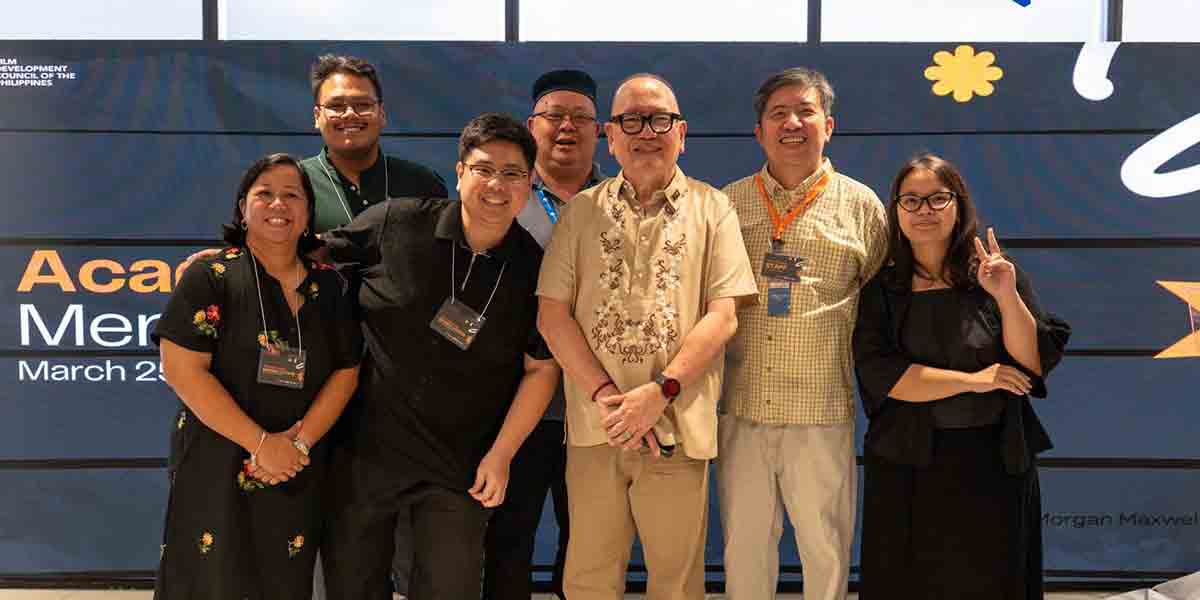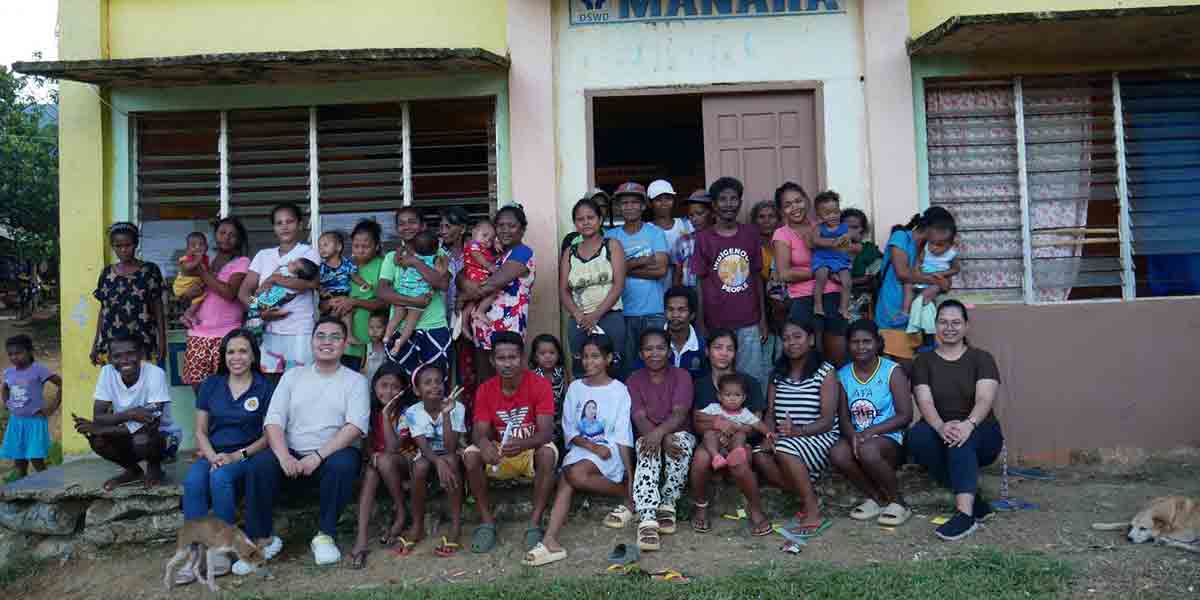By Gerome Dalipe IV and Jennifer P. Rendon
Aklan topped among six provinces in Western Visayas with the most number of human trafficking cases filed in various courts in the province per year, the Inter-Agency Council Against Trafficking (IACAT) of the Department of Justice in Western Visayas reported.
Aklan recorded 44 active cases of trafficking in person pending in courts as of November 2023, said lawyer Mayren Abucion of IACAT-6 during the media forum on human trafficking awareness and child-sensitive reporting at Go Hotel Iloilo.
One of the contributing factors to the high cases of trafficking in person (TIP) in Aklan is the fact that the famed Boracay Island is located in the province, as well as the opening of an international airport in the province.
“Cases filed in various courts in Aklan involve mostly prostitution and sexual exploitation,” said Abucion.
Abucion said that 28 cases or 63.64 percent of the TIP cases are due to prostitution and five cases are classified as sexual exploitation. They also reported 11 cases of forced labor.
“Aklan has two airports catering to those who are going to Boracay. Most of the cases of prostitution and sexual exploitation happened in Boracay and Kalibo,” she said.
But she noted that the cases related to prostitution and sexual exploitation have been on a downward trend since Boracay’s closure in 2018 up to date.
The decrease in the number of TIP cases in Aklan could be attributed to some unreported cases of online sexual abuse and exploitation.
Abucion explained that prostitution per se is not illegal under the Revised Penal Code.
It only becomes illegal once trafficking is involved.
In most cases, there’s a pimp involved or minors are being used to perform sexual acts.
Iloilo Province trailed Aklan with 25 cases of human trafficking filed per year, followed by Bacolod City which posted 25 human trafficking cases. On the other hand, Iloilo City recorded 22 cases of human trafficking filed in court this year.
Negros Occidental, which usually topped the list, recorded 16 TIP cases.
Ten TIP cases were tagged in the unknown category.
Meanwhile, the statistics also showed that Iloilo City has recorded 14 cases of prostitution while Iloilo province logged 11 cases of sexual exploitation.
Abucion clarified that the numbers are only based on those reported to authorities.
In several cases, she noted that prosecution of the offenders is difficult since the victims themselves are now aware that they are victims of human trafficking.
In fact, they won’t stand to testify against their aggressors.
In some cases, they would even stand as witness to the person who trafficked them.
As such, Abucion said there’s a need to strengthen local systems and partnerships for more effective and sustainable counter-trafficking in persons in the country.
LOW CONVICTION RATE
Of the 23 human trafficking cases decided by courts this year, about nine were convicted while 13 respondents were acquitted.
Abucion attributed the low conviction rate of human trafficking cases in the region to the victims being uncooperative with the prosecutors. Some trafficked victims are not even aware that they are victims.
Abucion said the prosecution office is studying the use of modern technology and other scientific data such as the extraction of evidence in courts.
The lawyer said the Philippines is considered among the top “source, destination, and transshipment point” of human trafficking in the world.
“Human traffickers are going online to lure their victims, usually using social media. Videos or photos of women are then sent to their customers. Women are brought to the house supposedly for the message with “extra service” wherein they were sexually exploited,” said Abucion.
Some traffickers have also become creative to lure their customers such as creating a Facebook page and naming it such as “secret massage home service” with photos of women and even men.
Assistant Provincial Prosecutor Julie Ann Alegre said the trafficked victims are traumatized and, thus, refused to testify to avoid stigma in public.
“We need to always observe the confidentiality in reporting cases of human trafficking. One of the challenges to prosecuting these cases is that if the victims are in trauma. We are always guided by the best interest of the child,” said Alegre.
AWARENESS
Since human traffickers usually target vulnerable people in society, an awareness campaign by the new media and even content creators and academe play a vital role in helping to stop or eradicate human trafficking cases through information dissemination.
Christopher Montaño, division manager of CHR-6 Promotion & Advocacy Division, said the media should educate the public about human trafficking issues through the use of the new media and inform individuals about the signs of human trafficking and report the same.
“Media should advocate policy change and gaps and advocate laws and policies on human trafficking,” said Montaño.
Police Major Shiela Mae Sanguines, the city police office’s public information officer, said there is a need to integrate and rehabilitate the rescued trafficked victims before they should be allowed to return to their homes.
Franz Renmar Garion, PIA public information officer, said there is a need for media practitioners to observe proper protocols in covering cases of victims of human trafficking.
Garion said that media practitioners and law enforcement play vital roles in advocating responsible reporting on human trafficking cases.
The US Department of State placed the Philippines under Tier 1, which means the country fully meets the “minimum standards” for the elimination of trafficking.
The government continued to demonstrate serious and sustained efforts during the reporting period, considering the impact of the COVID-19 pandemic, if any, on its anti-trafficking capacity; therefore the Philippines remained on Tier 1.
These efforts included investigating more trafficking crimes, convicting more traffickers, amending its anti-trafficking law, increasing funding to IACAT, and sentencing nearly all traffickers to significant prison terms.
In its 2023 Trafficking in Persons Report, the US Department of State reported the National Bureau of Investigation (NBI) and the police investigated 277 trafficking cases, compared with 168 investigations in 2021.
The government prosecuted 139 alleged traffickers – 115 for sex trafficking and 24 for forced labor – compared with prosecuting 298 alleged traffickers in the previous reporting period.
The government continued 2,705 prosecutions initiated in prior years. Courts convicted 86 traffickers – 83 for sex trafficking and three for forced labor – compared with 56 traffickers in the previous reporting period.
Courts sentenced 80 traffickers convicted under the anti-trafficking act to significant prison terms, ranging from four years to life imprisonment, and fines ranging from 50,000 to 12 million pesos.


















